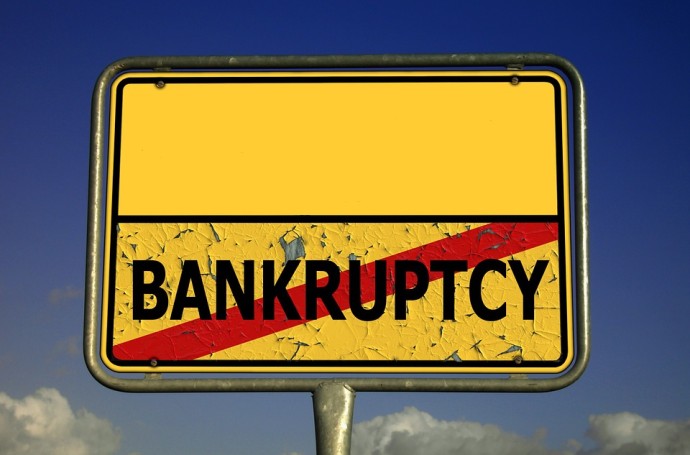
The use of consumer credit has been on the rise in recent years in South Africa. There is an ongoing squeeze on the middle classes with a heavy tax burden, rising food prices and the cost of avoiding crime all taking their toll, so much so in fact that there’s a real possibility that the current middle class, which accounts for about 9 million or 16 percent of the population, could be shrinking.
In an attempt to maintain their standard of living, an increasing number of householders are turning to consumer finance products. At the moment, credit cards, store cards and overdrafts are the consumer credit of choice, but recently a new product has hit the market which could help South African consumers meet their essential costs without contributing to a debt spiral.
Introducing the flexi-loan
The flexi-loan is the first product of its choice to hit the South African market. The well-known lender Wonga has revolutionised its payday loan offering to give customers more flexibility and choice.
The flexi-loan allows new customers to borrow up R4000 over a maximum period of 6 months, with existing customers potentially allowed to borrow up to R8000. One of the benefits of the flexi-loan over other forms of short-term finance is the level of flexibility it provides. Applicants can choose the amount they borrow and their repayment term, from 4 days and 6 months, so they can spread the repayments over a longer period to allow them to budget more effectively. This also ensures the repayments are at a manageable level to reduce the risk of creating a debt spiral.
Consumer credit is never a solution to long-term debt
Although the flexi-loan may become a useful stopgap for some South African consumers and help them meet essential expenses they had not accounted for, consumer credit of any kind should never be used as a solution to debt problems. If you do need to borrow money to cover essential expenses like car or boiler repairs then the flexi-loan could be an option for you. However, you should always explore other potential solutions such as using savings or borrowing money from family and friends first.
If there are no other options then you must carry out careful affordability calculations to make sure you can afford to repay the loan and choose a repayment term that allows you to budget accordingly. Only once you’re sure you can repay the loan should you borrow any money at all.
Always be aware of the extra charges that may apply
One of the benefits of the Wonga flexi-loan is the fact that what you see is what you get. That is, if you meet the agreed repayment dates then the initial calculation is the amount you’ll pay. However, other charges can apply if you cannot make the repayments.
Although you will not be hit by multiple charges, interest and service fees will continue to apply to your account for up to 90 days if the debt has not been repaid. Continued failure to repay a loan will also mean the outstanding payment is recorded by credit bureaus and your credit rating will be affected as a result.
What types of short-term credit do you choose to use? Do you think a flexi-loan could be a viable alternative? Please share your thoughts in the comments below.


